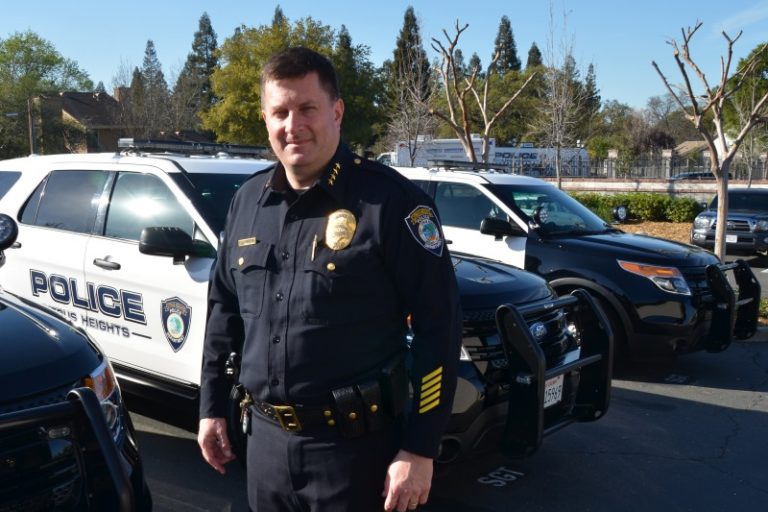body cameras

Supervisor Frost: 3 reasons why I support body cameras
Guest opinion column by County Supervisor Sue Frost– It is a difficult time to be a police officer in the United States. While it may or may not be fair, incidents across the country have left many people…

Citrus Heights police chief: body cameras ‘likely,’ but too early
Body-worn cameras on police officers could likely become a future reality in Citrus Heights, Police Chief Christopher Boyd told somewhat-wary city council members in a presentation last week that summarized pros and cons his department had identified in…

Citrus Heights This Week: what’s happening in town (Aug. 10-16)
Events around Citrus Heights this week include Food Truck Mania, a city council meeting, and the annual Hot August Bites at Rusch Park — which organizers say will feature 300 classic cars in the Auto’s for Alzheimer’s classic…

Boyd recalls challenge, ‘honor’ of leading Cal Police Chiefs Assoc.
Citrus Heights Police Chief Christopher Boyd recently finished a one-year term as president of an association representing 334 police chiefs across California, calling it an honor and major highlight of his career — as well as a challenge.…



